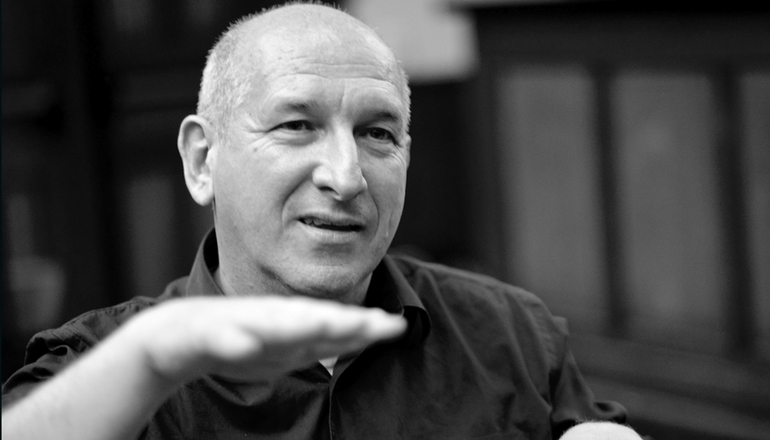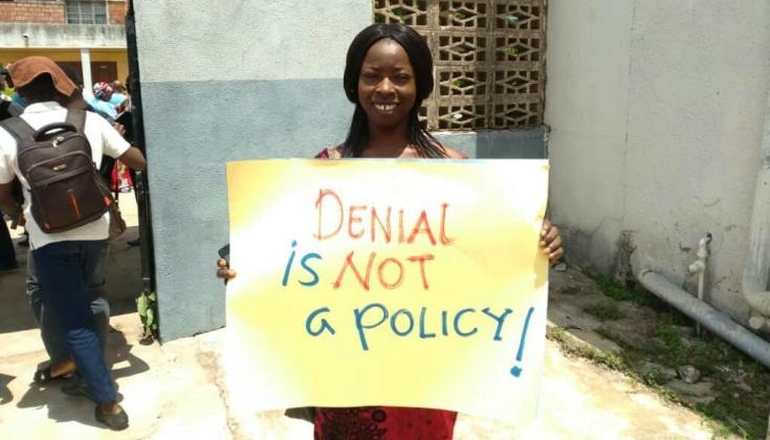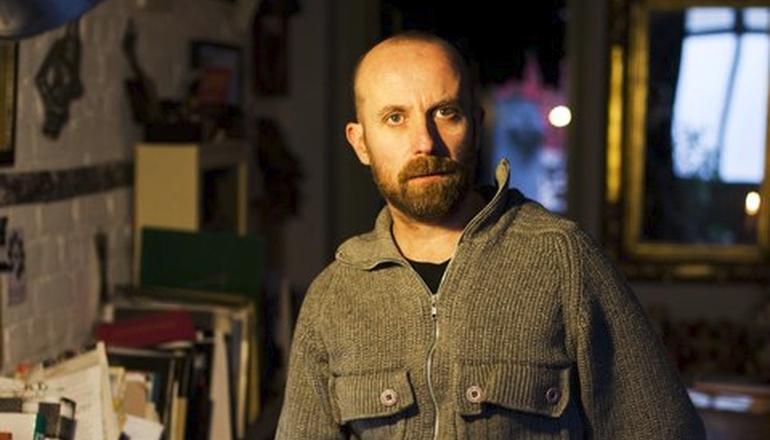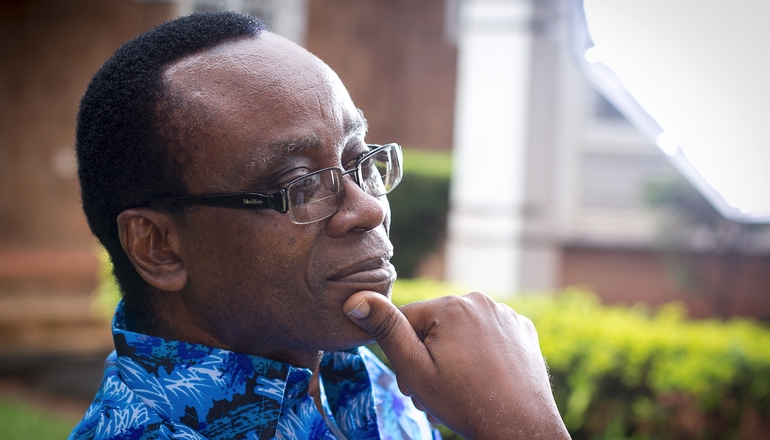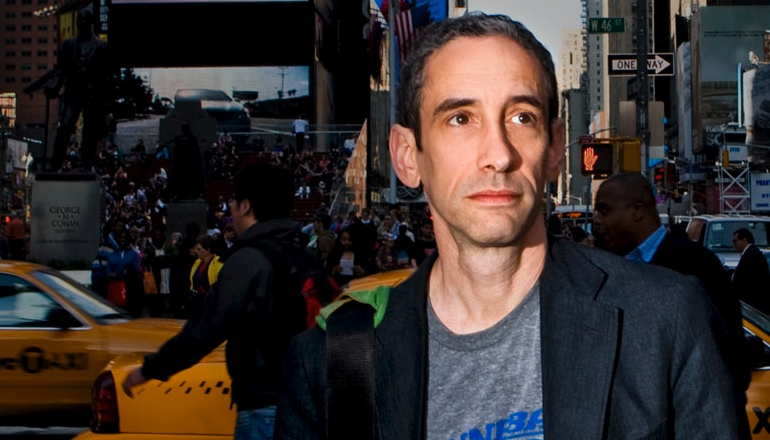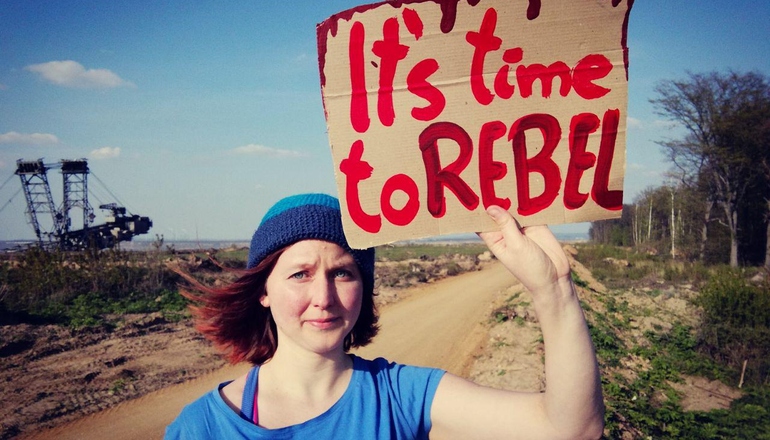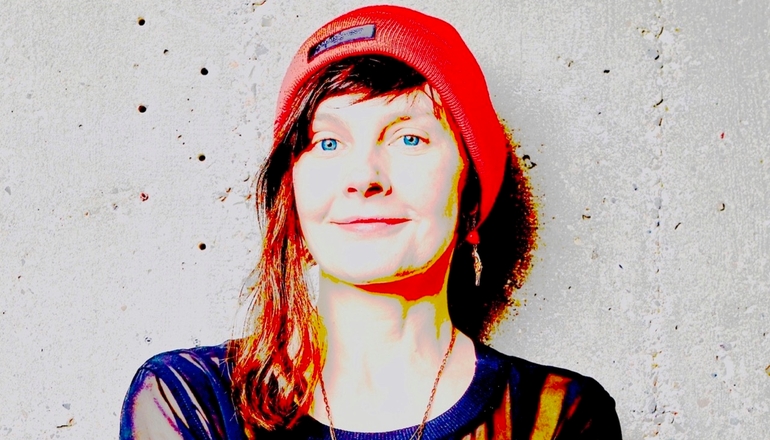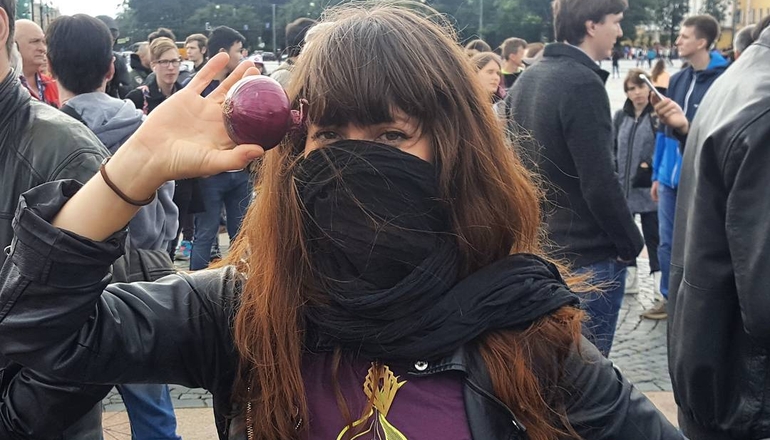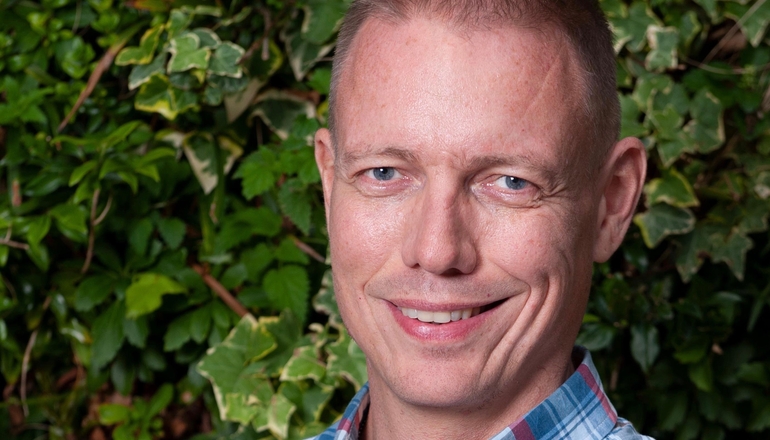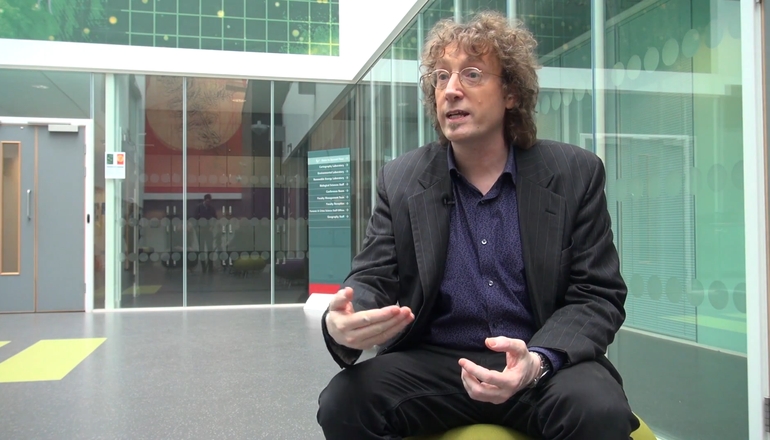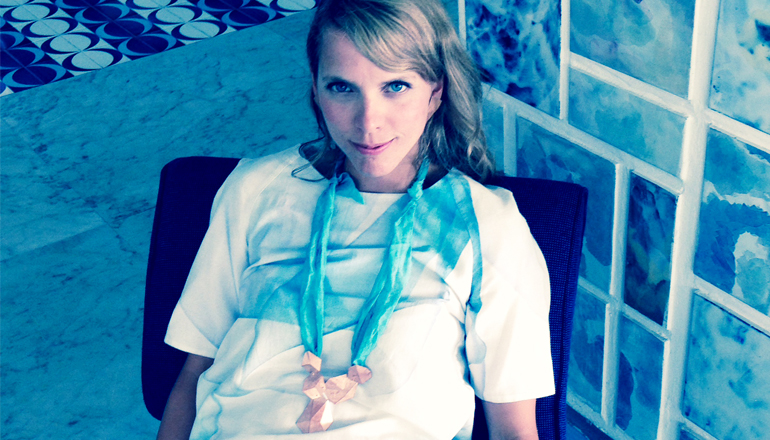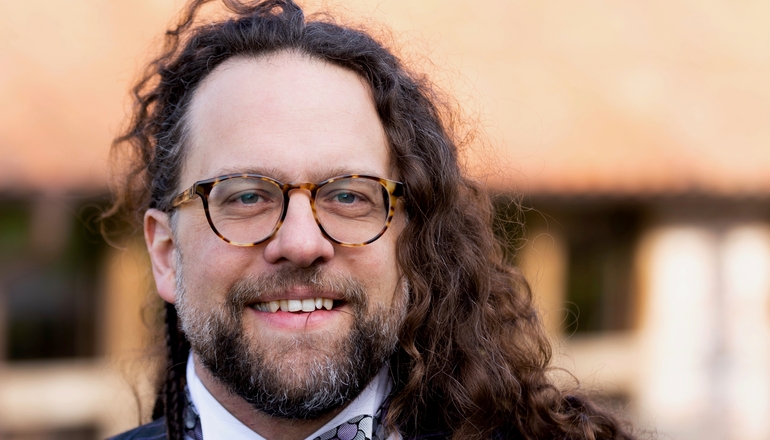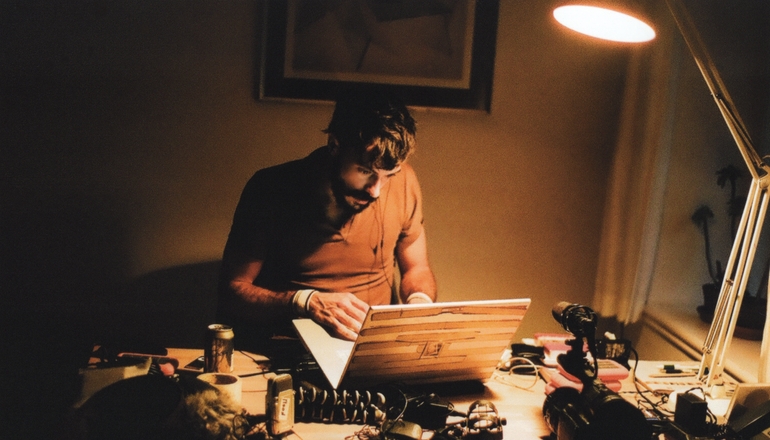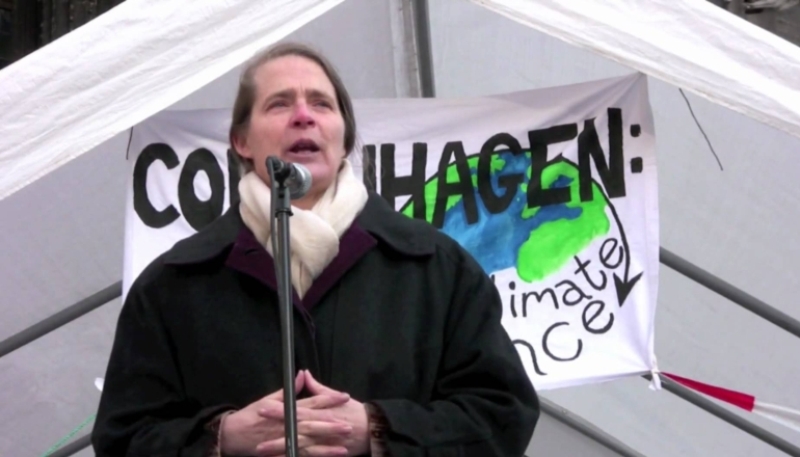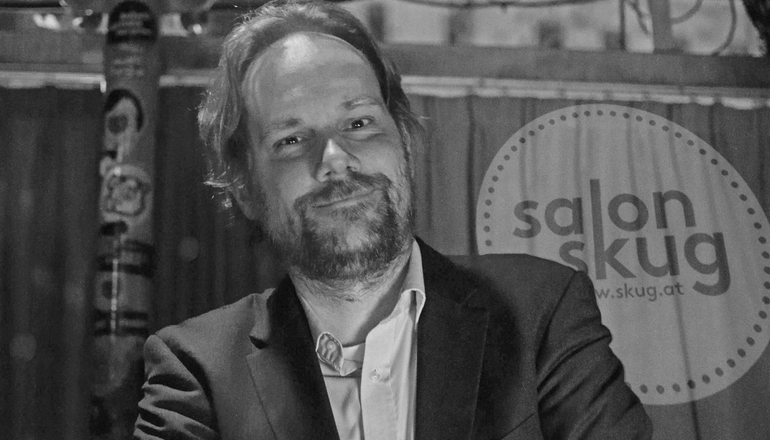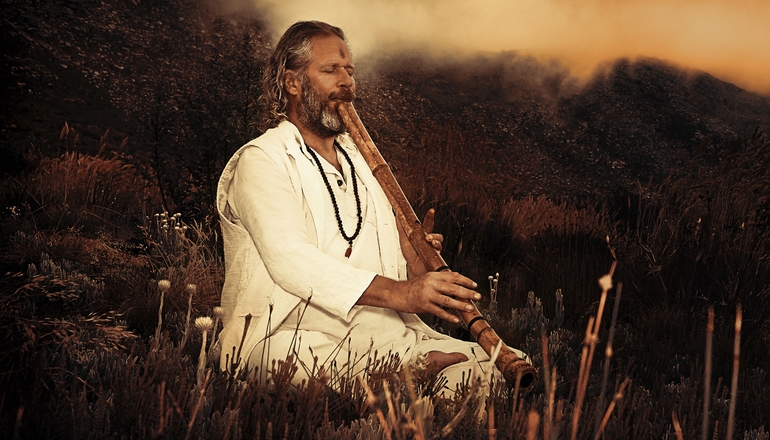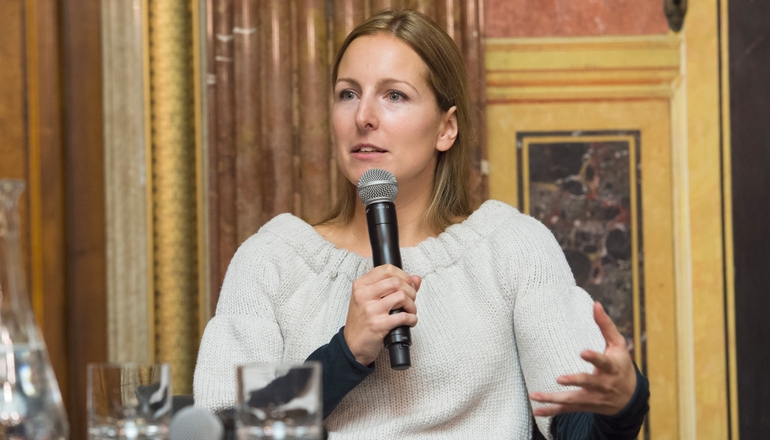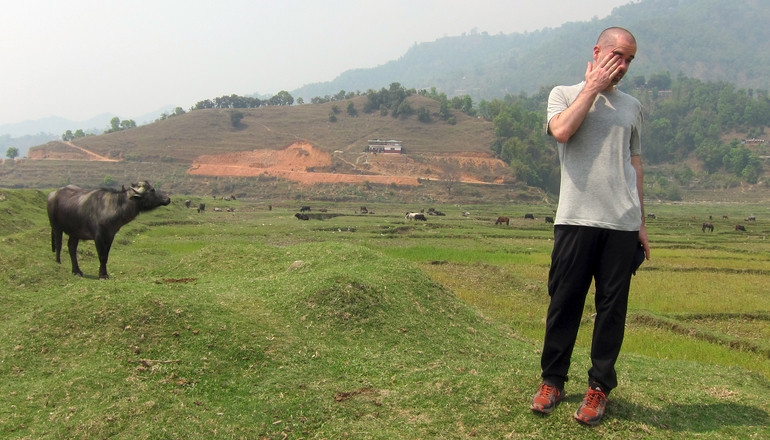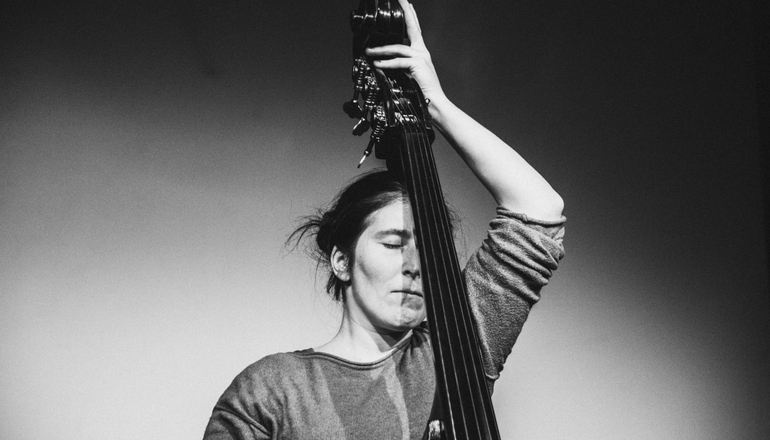Michel Bauwens nimmt an der Diskussion Eco Emergency, Psychospiritual Crisis and Plant Medicine am Sonntag 08.03. im Forum Stadtpark teil.
Freier Eintritt im Forum Stadtpark! Infos zum Diskursprogramm.
--
Elevate's festival theme 2020 is "Human Nature". What's your second thought about it?
I’m tempted to put an ‘and’ between the two. This means finding a new way to relate to nature. My own position would neither be a pure old-style humanist one, but also not a specieist one (we are just one species amongst many without fundamental differences) nor a mystical one ( there is no difference between the human and nature, we are all one). So I would look at something that has been called ‘entangled humanism’, i.e. recognizing interdependencies and formulating a new compact between humans and nature. Bees and earthworms and all other beings are our partners and necessary for the continuation of a joint life on this planet. The previous compact between capital and labor was done at the cost of hyper-exploiting the Global South and over-using natural resources, destroying many non-human beings in the process. The challenge is to build a new global system that is structurally operating within planetary boundaries, as a partnership of species.
And your first?
I’m finishing the very important book by Peter Pogany, Rethinking the World, a Hungarian-American thinker who is the first to link thermodynamic realities, with socio-economic systems, but also crucially, integrating humanity’s mode of apprehension, using the Swiss cultural historian Jean Gebser. So how do humans learn to see the reality that is both out there and co-constructed through our individual sense making and collective cultural filters ?
Quo Vadis Humanity? In 2009 Elevate's main theme was the climate crisis. 10 years have passed. What's your take on the next 10?
We lost ten years, (actually 50, since the report of the Club of Rome!), so any smoothness is by now gone in the expected chaotic transition between one stable system and the other. According to various cyclical forms of analysis (such as the cliodynamics of Peter Turchin and co), we are entering a ‘Age of Discord’. The legitimacy of the old institutions will fall further, more binding elements will disappear, and we’ll have a cambrian explosion of alternatives, in the context of polarization and fragmentation. At the same time, the human awareness of the crisis has now grown with leaps and bounds, and p2p/commons alternatives have been growing and consolidating. So it’s both getting darker, while many points of light are also growing. I hope we can smoothen the transition and limit the damage, especially through public-commons protocols which can unleash civic innovations, and spur the commons, the only human institution that has been historically capable of maintaining resource levels in the long term. Now unless you think the whole of humanity will choose a suicidal pact, we will survive this transition, but it matters how, as that will determine the damage done. But knowing that it took WWI and II to establish a social compact between capital and labor, think how much more dificult and costly it could be this time.
The relationship of humans and technology - more reasons to be pessimistic or optimistic? Can you name some?
I would say neither, as I see technology as embedded in a large context. Humanity is a technological species and since 5,000 year, we live in class-based societies. Hence technology is embedded in our strife against each other, and in our ambition to dominate nature. So I like Bernard Stiegler’s approach, calling it a pharmakon, i.e. a medicine that can be poisonous. They are different sides of the same coin. Networked technology creates both netarchical capitalism and its desire to surveil and control, and the self-organization of many human groups that can scale and grow their projects in ways they could not before. It’s a tool and a weapon and who and why we use it creates different possible futures. At the P2P Foundation we look at how we can use these tools to create a society that can produce for human needs while staying within planetary boundaries. Success in this is one possible outcome.
And our relationship with nature? Of course we are "part of it", but....where are we going?
We’re going to see other beings are our peers and partners in mutual inter-dependence, we’re going to create a human constitution that obliges us to take a point of view that take their interests into account, because we can’t survive on our own.
"Psycho-spiritual crisis", "a psychotic society",... How bad is the status quo of humanity?
Once we reach a crisis-level chaotic transition, the status quo ceases to exist. So they we can either uplift to a higher level of integration , or regress to a lower level. But before we succeed in overcoming the status quo, various forces are regressing and thinking they can win the war for scarce resources. Hence the regressive psychoses on both sides of the political spectrum, but we have to believe, and work for, on what comes next after the phases of disintegration and when most of humanity realizes that there is no progress in universal human competition, and that we have to make a universal agreement with each other and with nature..
A message to the Elevate Festival community? What can we do?
Haha,my call is to move from proletcult to commonscult, we have to create a neo-bogdanovian movement in which artists reconnect with the commons and the commoners. We need a convergence between the brahmin class and the working class, working in tandem in cosmo-local multifactories that unite in one ecosystem, those that work with their hands, and those that work with their heads, and create human beings that can do both.
Elevate features many amazing artists in the music & arts programme. Can we meet you on the Dancefloor too?
That will be a surprise <g>.
--
Michel Bauwens nimmt an der Diskussion Eco Emergency, Psychospiritual Crisis and Plant Medicine am Sonntag 08.03. im Forum Stadtpark teil.
Freier Eintritt im Forum Stadtpark! Infos zum Diskursprogramm.
